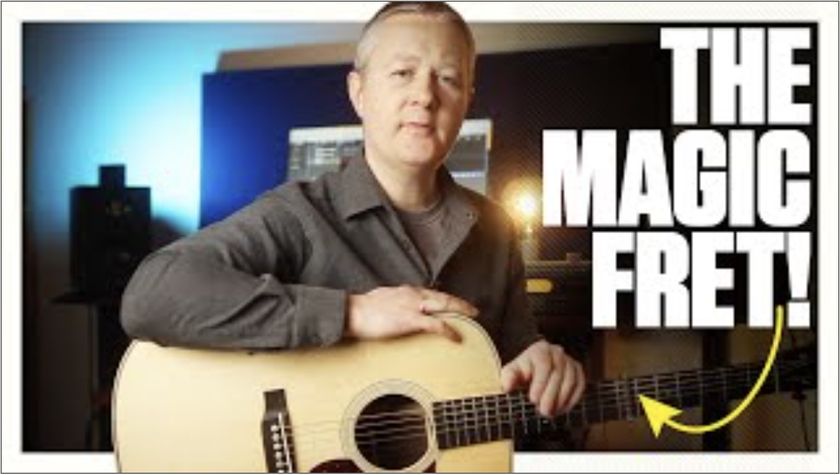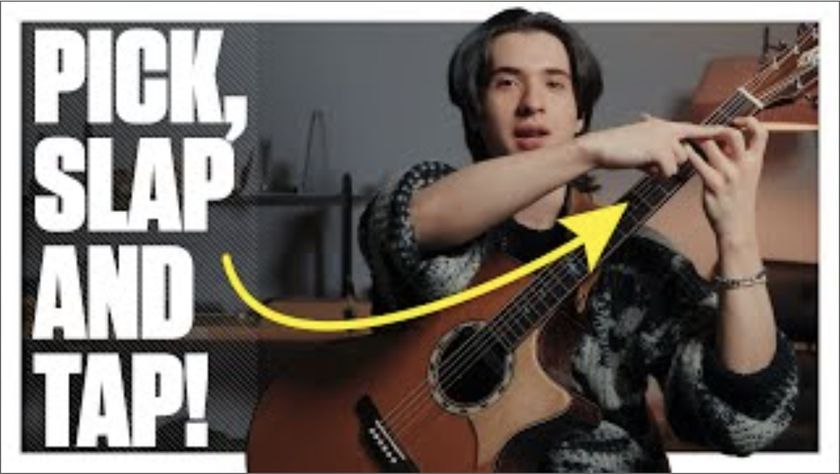To Get Out of Your Rut, Get Out of Your Wheelhouse

Welcome to Part 6 of my "Rut Busters" series! "Rut Busters for Guitarists." These lessons are aimed at breaking through barriers that might be keeping you from improving as a guitarist. Some lessons will simply supply you with food for thought, like this one, and some will be more hands-on. Written to help you get past that plateau, these columns are here to help you mix things up and keep your relationship with the guitar an interesting one.
Like many aspiring guitarists and weekend warriors, you might be stuck in a rut, playing the same licks over the same kinds of tunes over and over again. However, the solution is right in front of you. You need to step out of your musical comfort zone. For me and many of my students, one of the best ways to get a fresh and exciting perspective on the guitar is to learn to play different styles of music.
If you have the heart of a rocker but feel your vocabulary of string bends, tapping and sweep licks are getting stale, do a 180-degree turn and work through the chord changes of a jazz standard. You’ll surely find the challenge of new chord voicings, guitar tones and harmonic complexities to be eye opening, but soon this new perspective will end up expanding your rock guitar vocabulary.
If you're a jazz guitarist who has been running the same licks over ii-V-I changes, pick up that Tele and work out some pedal-steel-inspired bends and banjo rolls. You might find the country guitarist’s use of open strings, major blues scales and unique ways of connecting phrases across the fretboard very helpful in opening up your jazz vocabulary.
Vice-versa if you're a country guitarist who's never heard of—or even used—an altered chord and melodic minor scale.
Blues guitarists might want to try playing over rhumba chord changes or flamenco music, especially if you’ve never left the minor pentatonic scale “box.”
Music is a language, and if you spend every day practicing and playing the same phrases in the same context, then falling into a musical rut is bound to happen. Expand your vocabulary by expanding your pallet. In this day and age of the internet, there are countless backing tracks on YouTube iTunes, and streaming services that allow you to woodshed in any style you can imagine.
Do yourself a big favor and listen to as much different music as possible, because you’ll want to be familiar with what an authentic performance of that music sounds like, when attempting it yourself.
Guitarist Adrian Galysh is a Los Angeles-based solo artist, session musician, composer and education coordinator for Guitar Center Lessons. He's the author of Progressive Guitar Warmups and Exercises. Adrian uses SIT Strings, Seymour Duncan pickups and effects, Brian Moore Guitars, Voodoo Lab and Morley pedals. For more information, visit him at AdrianGalysh.com.
GuitarWorld.com readers can enjoy a FREE five-song EP download by clicking HERE.
Get The Pick Newsletter
All the latest guitar news, interviews, lessons, reviews, deals and more, direct to your inbox!

Want to play Master of Puppets the right way? Here's how to get faster at downpicking so you can chug like James Hetfield
![Joe Bonamassa [left] wears a deep blue suit and polka-dotted shirt and plays his green refin Strat; the late Irish blues legend Rory Gallagher [right] screams and inflicts some punishment on his heavily worn number one Stratocaster.](https://cdn.mos.cms.futurecdn.net/cw28h7UBcTVfTLs7p7eiLe-840-80.jpg)
“The intensity of Rory’s guitar playing – the emotion, the sound and his incredible attack – was mindblowing for me”: Joe Bonamassa pays tribute to the late, great Irish blues-rock icon Rory Gallagher










